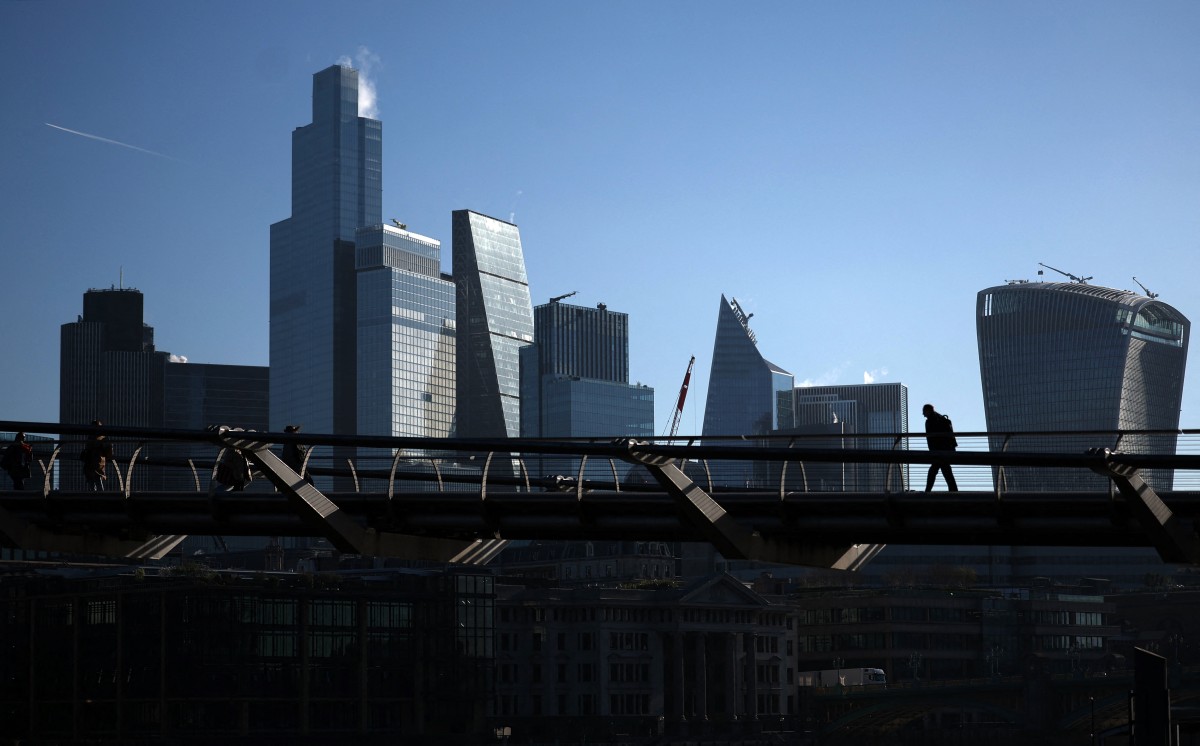
LONDON - Britain's job market continues to show clear signs of weakening, with unemployment rising and recruitment stagnating amid escalating labor costs and external economic pressures. Experts have warned that uncertainty stemming from US tariffs is further exacerbating the situation.
Data released by the Office for National Statistics (ONS) on Thursday revealed that the country's unemployment rate for people aged 16 and over stood at 4.7 percent during the March-May period of 2025. This marks a notable increase both year-on-year and quarter-on-quarter, pushing the rate to its highest level in nearly four years.
The ONS figures also showed job vacancies climbing to new highs, indicating that despite a growing number of unemployed individuals, businesses are still struggling to fill positions.
ALSO READ: UK Inflation unexpectedly jumps to highest since early 2024
"The government's tax rises, a higher minimum wage and the US trade war are hitting the jobs market," Financial Times reported.
David Bharier, head of research at the British Chambers of Commerce (BCC), told Xinhua that steep increases in national insurance contributions and the national living wage weigh heavily on the latest employment data.
"BCC research shows that recruitment remains challenging, and businesses cite labor costs as the biggest pressure," Bharier said. "This mounting financial pressure, alongside pervasive skills shortages, remains a massive challenge for business, presenting big risks to investment and productivity."
According to Bharier, the BCC's most recent economic forecast suggests hiring will remain subdued and the unemployment rate is expected to stay largely static. "We currently forecast a rate of 4.6 percent at the end of 2027," he said.
Tina McKenzie, policy chair of the Federation of Small Businesses (FSB), stressed that the latest trends paint a worrying picture for Britain's small business sector.
READ MORE: UK’s much-feared wave of job cuts is failing to materialize
"New FSB research has found that twice as many small businesses shed staff in the second quarter of 2025-20 percent-than increased their employee numbers," she said.
For the first time in the 15-year history of the FSB's quarterly Small Business Index, more small businesses expect to shrink or close over the next 12 months than those that expect to expand. "That's more than alarming for the economy and for communities across Britain where these hard-working businesses operate," she said, noting that small businesses currently provide more than 16 million jobs in Britain-over half of all private sector employment.
Experts also believe the ongoing threat of US tariffs is contributing to the negative data and will continue to influence Britain's job market and economy in the long term, despite the existence of a trade agreement.
William Bain, head of policy at the BCC, said their April survey revealed that 62 percent of firms exporting to the US had been affected by rising costs and order book pressures caused by higher US tariffs, a sentiment that aligns with the rising unemployment figures reported by the ONS.
ALSO READ: US and UK announce a trade deal, but steel imports unresolved
David Bailey, professor of business economics at the University of Birmingham, noted that US tariffs are impacting Britain's export-driven sectors and, in turn, the job market.
"Even though Britain has got this deal with Trump on tariffs, the tariffs are still going up from 2.5 percent to 10 percent. It may not be 25 percent, but it's still going to affect exports from Britain and therefore hit economic growth," Bailey said, adding that this uncertainty for British firms, combined with the government's "mistake" of raising national insurance contributions alongside the higher minimum wage, has contributed to the sluggish employment situation.


